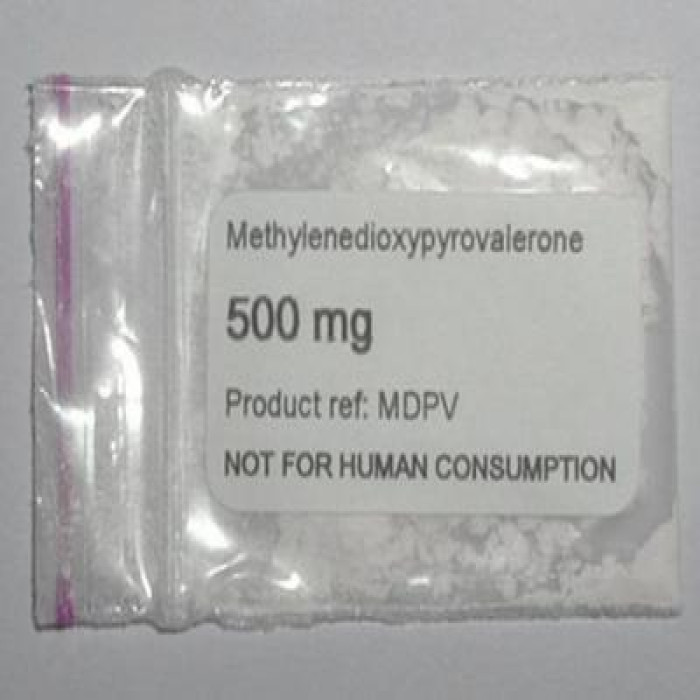
What is MDPV?
MDPV (3,4-methylenedioxypyrovalerone) is a synthetic stimulant drug of the cathinone class. It is a powerful central nervous system stimulant that acts as a norepinephrine-dopamine reuptake inhibitor (NDRI). MDPV was first synthesized in the 1960s and has been used as a recreational drug since the early 2000s.
Effects of MDPV
The effects of MDPV are similar to those of other stimulant drugs such as cocaine, amphetamines, and methylphenidate. The drug produces feelings of euphoria, increased energy, and heightened alertness. It can also lead to increased sociability, improved self-esteem, and decreased appetite.
However, MDPV is much more potent than other stimulants, and its effects can be more intense and longer-lasting. The drug can cause anxiety, paranoia, agitation, and panic attacks. It can also lead to heart palpitations, high blood pressure, and chest pain. In severe cases, MDPV can cause seizures, hallucinations, and even death.
Uses as a Research Chemical
Despite its illegal status, MDPV has been used as a research chemical for the study of the effects of stimulants on the brain and behavior. Researchers have used MDPV to investigate the mechanisms of addiction and the effects of stimulants on brain function, including their effects on attention, memory, and learning.
In animal studies, MDPV has been found to increase dopamine and norepinephrine levels in the brain, leading to increased locomotor activity and reinforcement of behavior. The drug has also been shown to produce long-lasting changes in brain function, including alterations in neurotransmitter levels and synaptic plasticity.
Conclusion
In conclusion, MDPV is a potent and dangerous stimulant drug that should not be used recreationally. While it has been used as a research chemical to study the effects of stimulants on the brain, its use as a recreational drug is illegal and can have serious health consequences. If you suspect that you or someone you know may be using MDPV, it is important to seek medical attention immediately.


